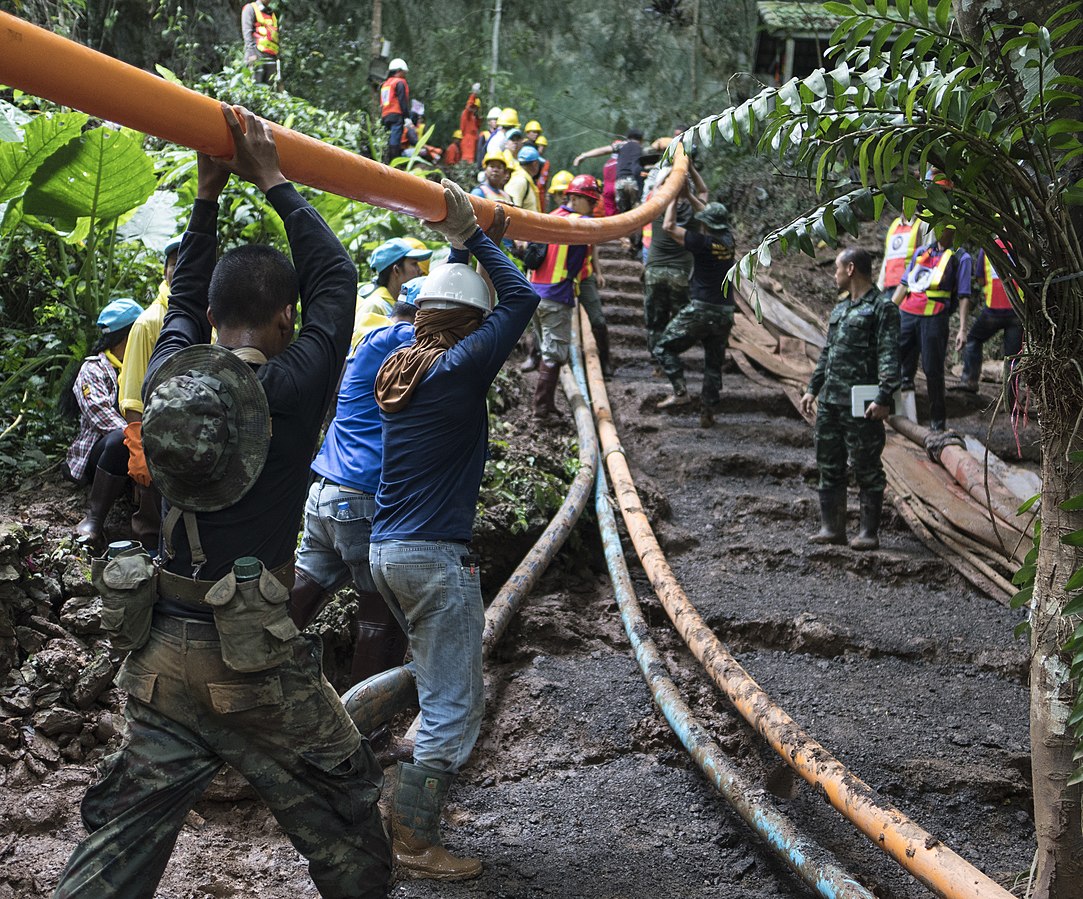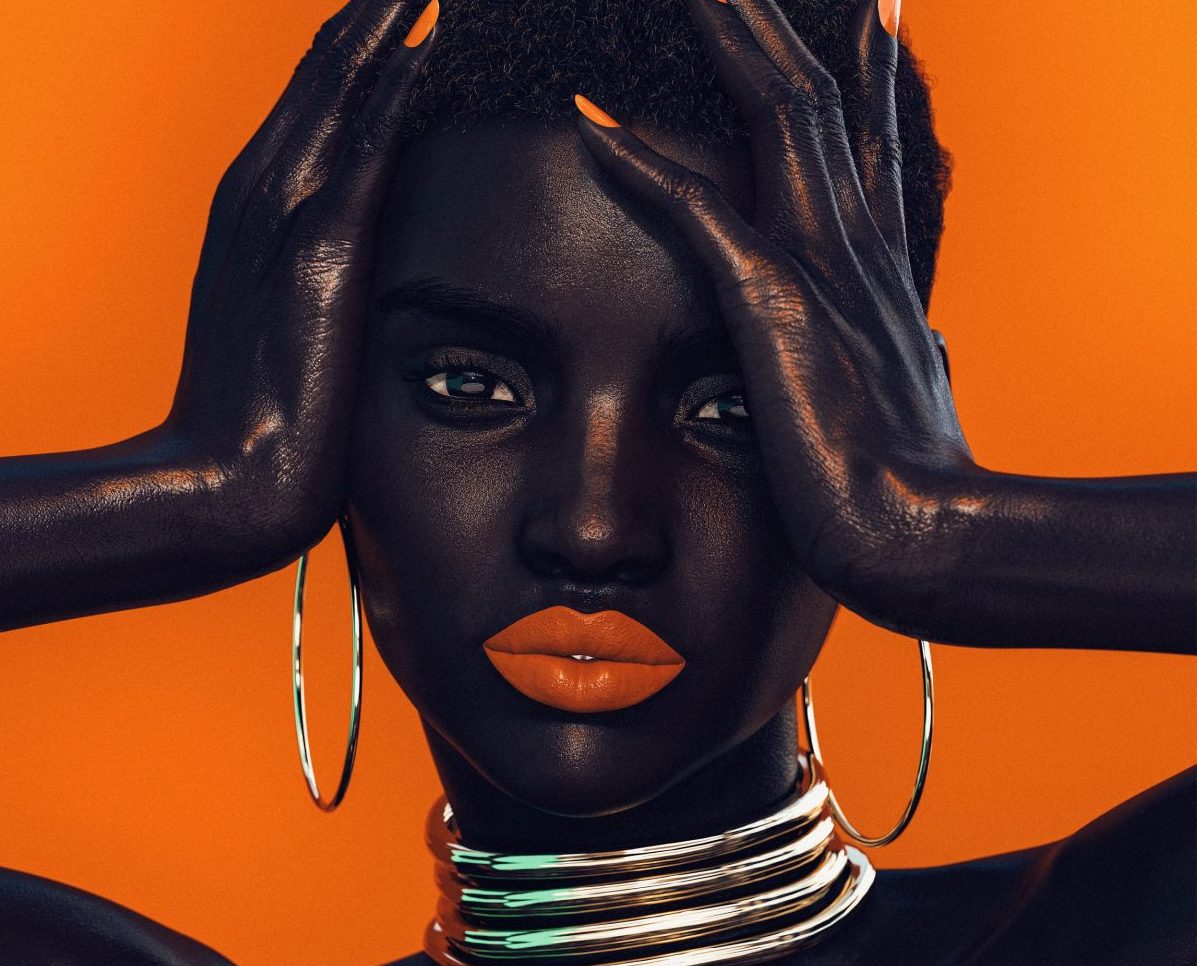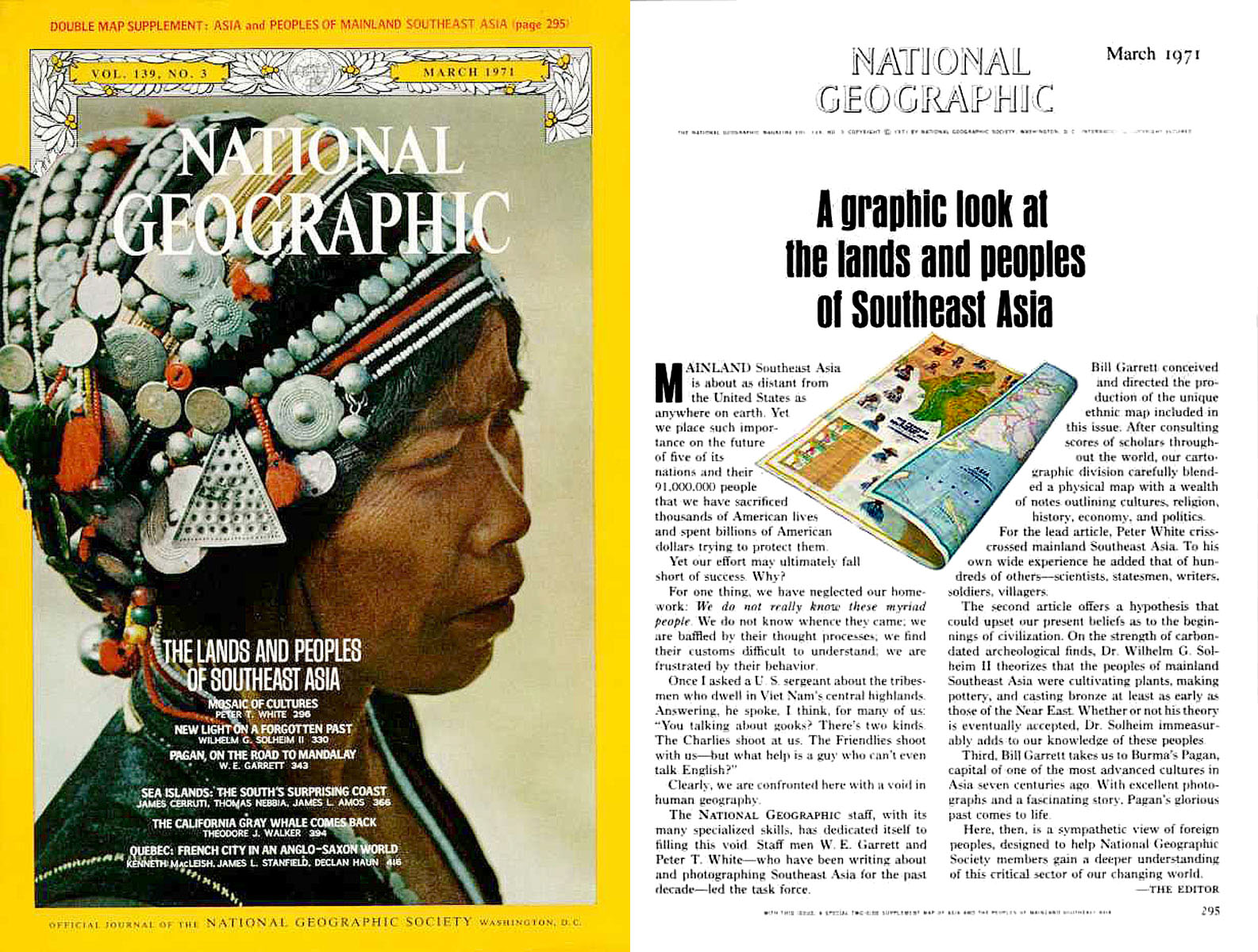
So, missing explorer Benedict Allen has been found “alive and well” in Papua New Guinea. It’s good news. But in 2017 should we still be relying on privileged white explorers to tell us about the world?
According to Allen’s blog, his idea was to visit the Yaifo, whom he describes as “the remotest people in Papua New Guinea, and one of the last people on the entire planet who are out-of-contact with our interconnected world”. His role: to create a brief record of their lives. In a month.
Allen acknowledges that when he first became an explorer he was very naïve, scared and made many mistakes. Today, aged 57, he claims to be much more prepared and describes his personal focus as “interpretation of far off distant or inhospitable places and peoples that we have a hazy or wrong ideas about.”
But there’s no guarantee that his interpretations will not be any less hazy or wrong, captured as they are in a short space of time and by someone unfamiliar with the language or culture. He also cannot control how his experiences are broadcast or presented to the wider world.
When Allen was still missing, his agent Joanna Sarsby told the Daily Mail: “He was trying to reach the Yaifo people, a very remote and reclusive tribe – possibly headhunters, quite a scary bunch.” Thanks to the media furore around Allen’s case, the most people have learned about the Yaifo people is this: that they may “possibly” chop your head off.
“‘Benedict Allen missing in search for ‘headhunters’ feared attacked by tribe’, trembled The Times“
“Benedict Allen missing in search for ‘headhunters’ feared attacked by tribe”, trembled The Times. Meanwhile comments posted under online articles cheerfully spoke about him being eaten for dinner. Was this the brief record of their lives Allen had in mind? Or what the Yaifo people signed up for? Well, presumably not as they didn’t know he was coming.
On Allen’s blog, in response to a question about gaining permission to film his “subjects”, he says: “I’ve never felt the need to talk to them about how the film might be shown to millions – their understanding has always been that this record of mine is escaping the community, and being released to the outside world. Whether to one white man or a billion, has not been an issue: the importance has been that I’m being trusted to use it responsibly.”
As Allen notes himself, his “subjects” are not usually familiar with filming. But shouldn’t that mean he takes the extra time and care to make sure they understand exactly what he’s doing and why; who will see it, and any potential negative impacts it may have?
There’s a sense in exploration, which has filtered down to its offspring (adventure travel – even tourism), that the world is there to cater to the needs of Western travellers. People will feed you, transport you, even be the ‘extras’ in your film or photos. Allen may shun taking a GPS or satellite phone. He may know “all about that survival stuff” (as his sister told the BBC ‘s Today programme). But his journey would not be possible without the people he was going to meet.
“In his final blog prior to leaving he speaks about possibly having to enlist the help of the Yaifo people. Does he pay them for their time? Their food? Their resources?”
In his final blog prior to leaving he speaks about possibly having to enlist the help of the Yaifo people. Does he pay them for their time? Their food? Their resources? If so, with money? With goods they need? Will what he gives them turn into something they become reliant on?
He’s probably discussed it elsewhere, but the main references to money on Allen’s blog seem to consist of advice about sewing a $100 bill into one’s trousers as backup, his feeding Kwazarane (a young Himba woman) dried milk and muesli to be his guide, and his realisation of the fact that people living in remote locations don’t have any money – just like him, we’re told.
As Elizabeth Aldrich implores on travel blog Temporary Provisions, “Dear backpackers: stop calling yourself poor”. But then, Allen does have a strange idea of what ‘no money’ is: “My parents didn’t have any – the private school I’d been to had been paid for out of their savings, topped up by my grandmother”.
Allen does engage with and discuss some of the ethical dilemmas of being an explorer in his writings and public engagements, but he continues to do what he does despite these concerns. Because his work matters. As Allen notes, just like Livingstone did in Africa, “we must keep interpreting these remote ‘exotic’ lands for our current age”.
“But we’ve grown accustomed to jovial white English men – be it Benedict Allen, Bruce Parry or David Attenborough – opening up the world to us”
There may be researchers, anthropologists or TV presenters in Papua New Guinea who have a better insight into the lives of the Yaifo people. But we’ve grown accustomed to jovial white English men – be it Benedict Allen, Bruce Parry or David Attenborough – opening up the world to us. Commissioners may argue that having someone from Papua New Guinea present a show wouldn’t attract as many ratings – but that is something we should challenge, not accept.
Allen claims explorer pedigree. “My family mapped the tropical belt. They fought in it, they built bridges across it, they edited newspapers and invited Rudyard Kipling out for his first job in it” the Daily Mail reports him as saying. As a young explorer, Allen recalls with amusement, he delighted in telling a Royal Geographical Society audience that “Imperialism is the lifeblood of exploration!” He was right – and so this fantasy of the white explorer “discovering” new lands or peoples no longer befits our post-Empire, post-colonial world.
As a journalist working in Guyana, home to a number of indigenous peoples, I’ve heard stories of “explorers” or TV producers coming here, soaking up knowledge from indigenous contacts, but then failing to employ them or give credit in the final work. This is not acceptable.
But there is a growing emphasis on proper protocol: visitors to indigenous villages must go through the Toshao or village leader, and often pay a visitor’s fee. It’s a small ask, but an important one. Greater recognition is also being given to indigenous people as scientists, biologists, rangers – not just guides.
Changing the status quo doesn’t have to mean an end to books, TV shows or articles about places unknown to most British people. It just gives way to a greater need for more open and equal relationships, an understanding that each instance of contact made with remote people (even if you’re going alone) has impact and an encouragement of new perspectives. It’s also recognising that what Allen calls “the great romantic journeys” of past explorers may have been viewed somewhat differently by the people they encountered and possibly exploited on their way.









